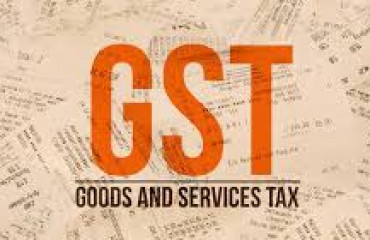
Revenue collection from consumption, or GST, has shown a 20% jump year-on-year in FY23 while customs duty has improved by close to 7%
Revenue collection from consumption, or GST, has shown a 20% jump year-on-year in FY23 while customs duty has improved by close to 7%
New Delhi: Despite imposing a windfall tax on the super profits of oil explorers and refiners, the central government's excise duty collections from petroleum sector have shown a contraction of over ₹71,800 crores or 18% in FY23 owing to reduction in the duty rate announced at the beginning of last fiscal, showed the provisional data of central government finances for the just concluded financial year.
However, revenue collection from consumption, or GST, has shown a 20% jump year-on-year in FY23 while customs duty has improved by close to 7%, helping to make up for the decline in receipts from energy taxes.
Besides, both corporate tax receipts and personal income taxes have shown double digit growth in FY23. While tax collection from corporations shot up by about 16% in the just concluded financial year, personal income taxes shot up by 20%, helping the Centre to record close to 13% improvement in gross tax collections, data from the Controller General of Accounts (CGA) data showed.
Excise duty receipts contracted in spite of the government imposing a windfall tax on production of crude oil and export of petrol, diesel and jet fuel last year. The windfall tax levied in the form of special additional excise duty on crude oil, petrol and diesel is reviewed every fortnight on the basis of the international prices of these commodities. At present, this tax is not applicable in view of the softening prices. The last review was done effective from 16 May, when this levy was brought to zero from ₹4,100 a tonne.
Centre lowered the excise duty on petrol and diesel in May last year by ₹8 and ₹6 a litre respectively. Finance minister Nirmala Sitharaman had then said it had a revenue implication of about ₹1 trillion for the government in a year.
However, improved consumption of petrol and diesel has helped to moderate the blow to the fisc. Data available from the Petroleum Planning and Analysis Cell (PPAC) showed that consumption of petrol shot up from around 31 million tonne in FY22 to nearly 35 million tonne in FY23, while diesel consumption jumped from 76.6 million tonne to nearly 86 million tonne in the same period. The government is exploring a host of measures including promoting electric mobility and alternative fuels to lower the consumption of fossil fuels.
